Celebrating 20 years of Research, Collaboration and Positive Impacts
STRENGTH IN PARTNERSHIP
Since 2004, CYFS has expanded in size, scope, and reach — but its success remains rooted in strong partnerships. Thank you to the hundreds of partners, including participants, researchers, staff, scholars, schools and other collaborators, who have embraced the center’s mission and contributed to our research impact.
View full interviews featuring some of the individuals who have helped CYFS create lasting impacts through research and collaboration.Watch Videos
History of CYFS
In 2002, a group of faculty came together with a bold idea: to create an interdisciplinary research center focused on making a positive difference in people's lives, as well as the systems and contexts that shape them. In 2004, their vision became a reality. Here's a short history of CYFS, including key events and milestones that led to the center’s growth over the past two decades.
-
Faculty retreat
October 2002CYFS begins its journey with an interdisciplinary retreat at the University of Nebraska–Lincoln, gathering 31 faculty, three deans and two vice chancellors. Together, they identify strengths and forge partnerships that lay the foundation for two decades of research innovation.

-
Program of Excellence
June 2003The University of Nebraska’s Board of Regents approves the Nebraska Research Alliance on Children, Youth, Families and Schools as a Program of Excellence, one of the first 14 such programs designated by the university.

-
CYFS Founded
February 2004The NU Board of Regents formally establishes the Nebraska Center for Research on Children, Youth, Families and Schools, housed within UNL's newly formed College of Education and Human Sciences. Starting with two faculty researchers and a few graduate assistants and staff members, the center extends its reach by establishing formal affiliations with 62 faculty from across the University of Nebraska within its first year.
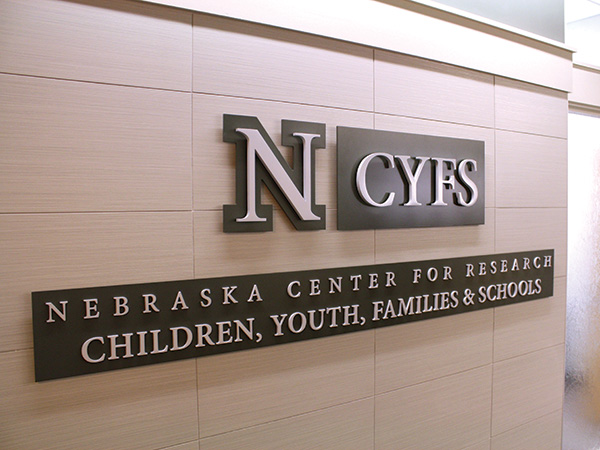
-
Making a Home in Mabel Lee Hall
October 2005CYFS takes up residence in a newly remodeled space in Mabel Lee Hall. Located on UNL’s City Campus, 216 Mabel Lee becomes the center’s hub for research activities and daily operations.

-
RtI Consortium
August 2006Funded by the Nebraska Department of Education, CYFS leads the launch of the first statewide Response-to-Intervention Consortium to help students improve their reading skills. This initiative leads to a long-term partnership with NDE’s Multi-tiered System of Support program.
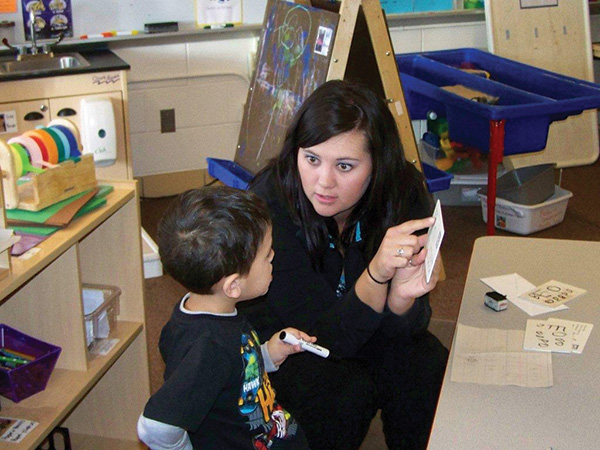
-
Rural Education Research Center
July 2009CYFS earns a five-year, $10 million U.S. Department of Education grant to establish the National Center for Research on Rural Education (R2Ed). R2Ed focuses on improving reading and science learning in rural communities by identifying effective, evidence-based instructional practices through national surveys, virtual coaching and assessment.
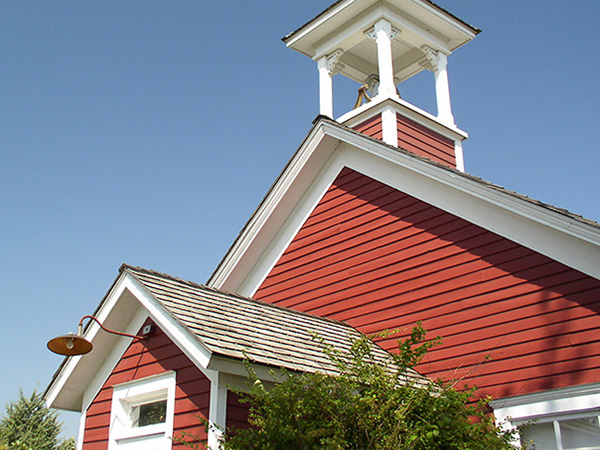
-
CYFS Early Childhood Research Summit
April 2010The center hosts its first Early Childhood Research Summit, sharing evidence-based practices and building connections among practitioners, policymakers and researchers from across Nebraska. The summit becomes a biennial event and continues to strengthen statewide partnerships and early childhood collaborations today.
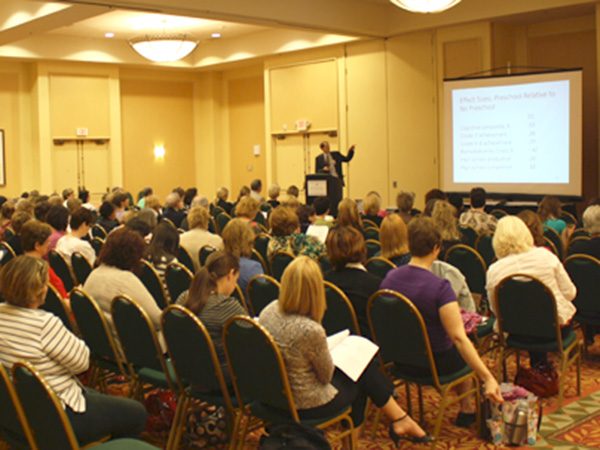
-
National Family-School Working Meeting
September 2010CYFS hosts a national working meeting to advance family-school partnership research and its translation into practice, bringing together leading scholars from 18 academic institutions. The event sparks ongoing collaborations, leading to one federally funded grant and a five-volume book series, which continues to be published.
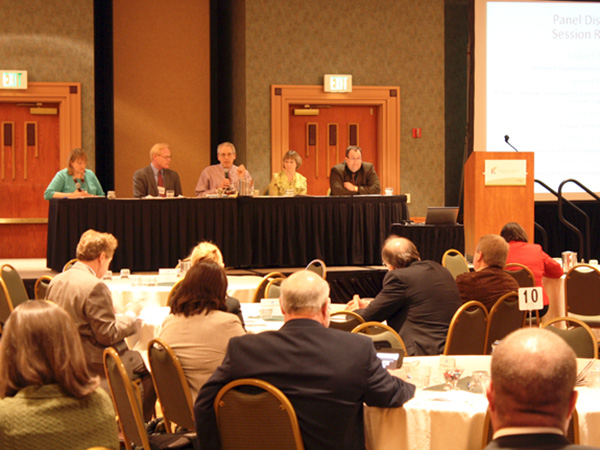
-
A Second Home in Whittier
October 2011As CYFS rapidly expands, multiple units and research teams relocate from Mabel Lee Hall to the renovated Prem S. Paul Research Center at Whittier School. Given the center’s significant work to support teachers and students, it is fitting that one of its offices resides in a building that is one of the nation’s oldest junior high schools.
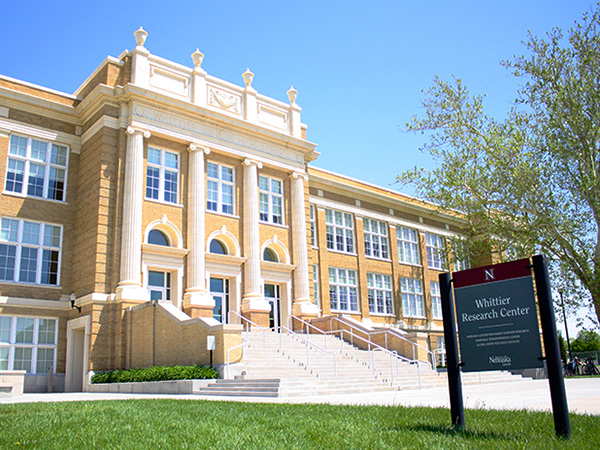
-
MAP Academy
October 2013CYFS launches the Nebraska Academy for Methodology, Analytics and Psychometrics (MAP Academy), an expansion of the Statistics and Research Methodology Unit. MAP Academy promotes the advancement of methodologies, applied analytics and data infrastructure to support rigorous research within the social, behavioral, health and educational sciences across the University of Nebraska and beyond.
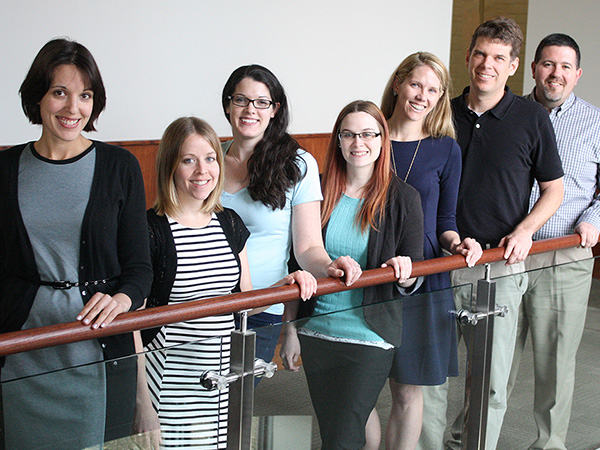
-
Research Fellowship Program
January 2014The center opens applications for its inaugural CYFS Research Fellowship Program. The fellowship provides up to two faculty members with a year of dedicated support to deepen and broaden their research.
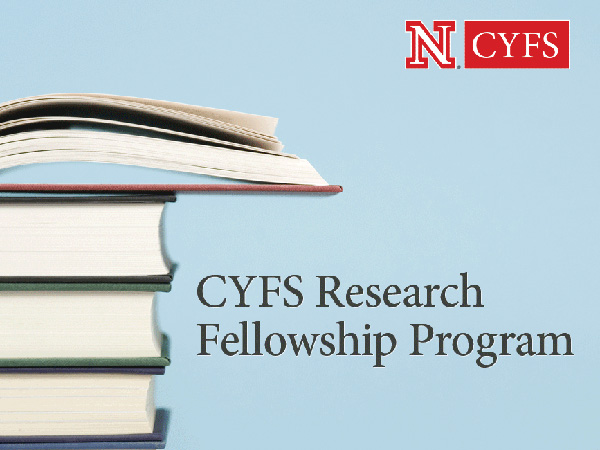
-
CYFS Turns 10
February 2014CYFS reflects on a decade of success, learning experiences and significant growth. Milestones include more than $52 million in cumulative grant dollars and 127 funded projects contributing to its growth and positive impacts. Personnel growth is equally impressive with 12 research faculty and nearly a dozen staff members.
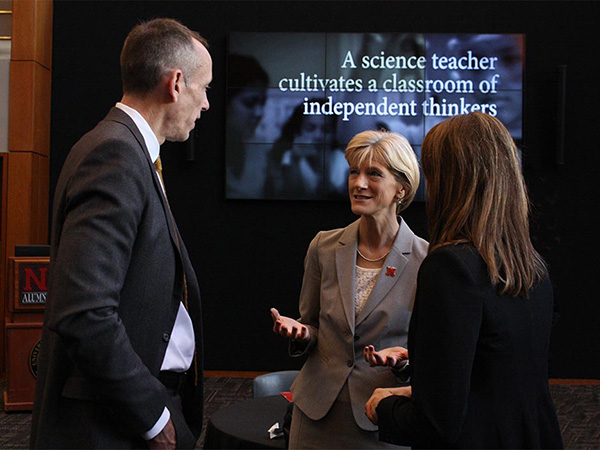
-
Nebraska Academy for Early Childhood Research
September 2015CYFS establishes the Nebraska Academy for Early Childhood Research (NAECR), a key partner in UNL’s early childhood research efforts. NAECR connects the state’s practice, policy and research communities, and leverages interdisciplinary research and partnerships to improve education, development, and the environments where young children learn and grow.
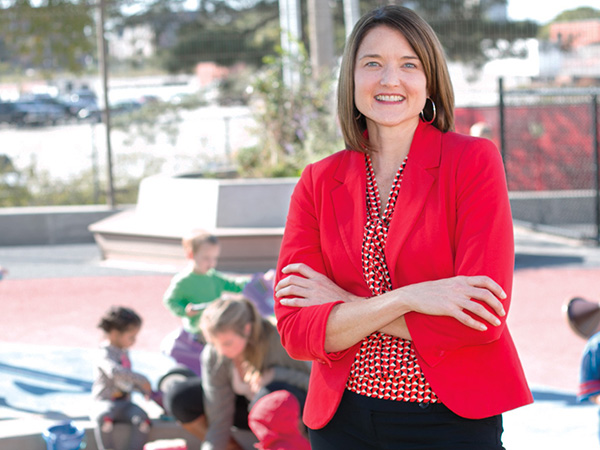
-
Nebraska-Brazil Early Childhood Partnership
May 2016Following a 2016 workshop in São Paulo, Brazil, UNL and the Maria Cecilia Souto Vidigal Foundation formalize a global partnership to tackle early childhood challenges through interdisciplinary research collaboration. This partnership leads to three pilot projects conducted jointly in the U.S. and Brazil, yielding cross-cultural insights and fostering additional collaborations.
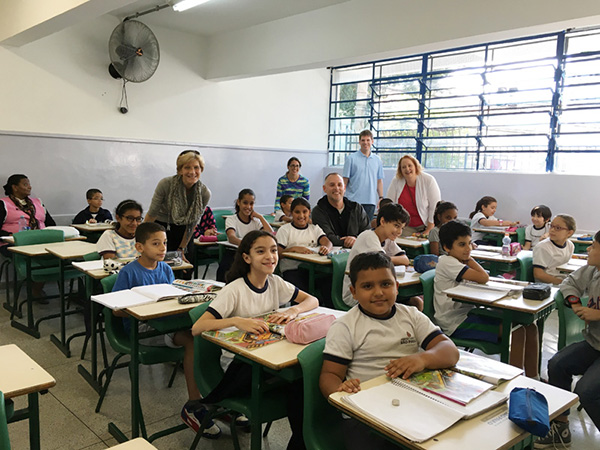
-
Early Learning Network
June 2016CYFS becomes the lead for the Early Learning Network, a national, multi-year research initiative funded by the U.S. Department of Education. The network, which includes six teams from across the U.S., identifies policies and practices to narrow opportunity gaps and help children maintain early learning success. CYFS also secures funding to conduct the Learning Frontiers study across Nebraska.
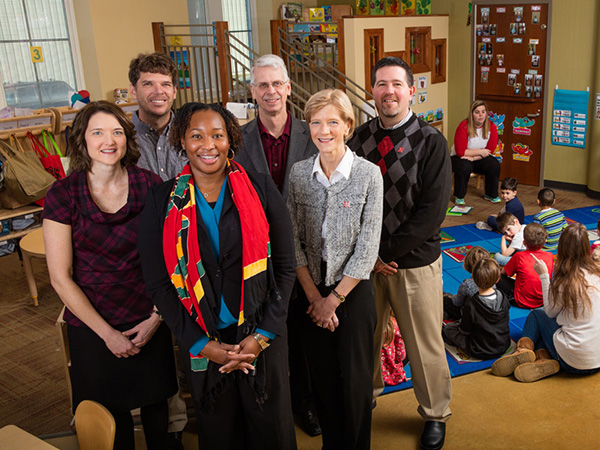
-
Nebraska Department of Education NeMTSS Partnership
July 2018CYFS formalizes its partnership with the Nebraska Department of Education through the Nebraska Multi-tiered System of Support (NeMTSS) program. CYFS provides professional learning, implementation support and web/communication services. This collaboration traces its roots back to CYFS’ collaboration with NDE’s Response-to-Intervention program.

-
NAECR Policy Fellows Program
October 2018The Nebraska Academy for Early Childhood Research (NAECR) launches its Policy Fellows Program with First Five Nebraska. The annual program enhances policy knowledge among early childhood researchers, provides policymakers with research insights and fosters collaboration to develop effective research agendas.
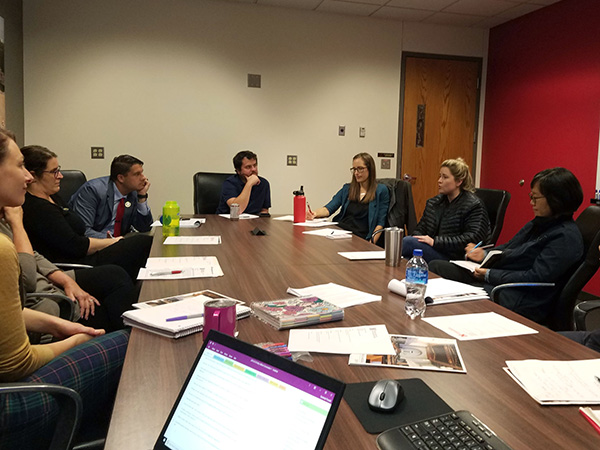
-
CYFS Research Network
September 2019The CYFS Research Network becomes a reality with the launch of an online platform that connects social, behavioral and educational researchers from across the University of Nebraska. The network includes more than 90 CYFS Research Affiliates who conduct research in partnership with the center.
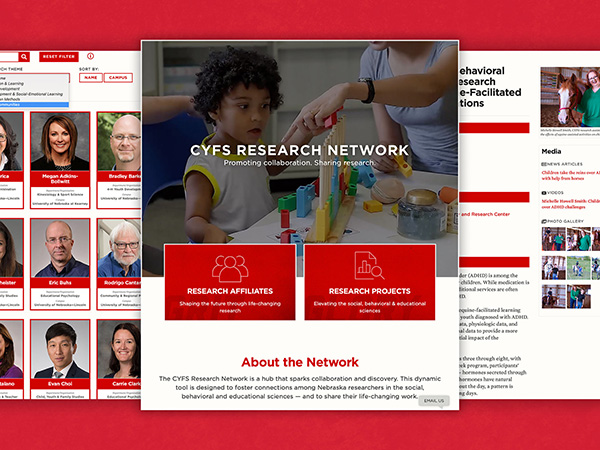
-
New Home in Carolyn Pope Edwards Hall
September 2022A new era for CYFS begins with the opening of Carolyn Pope Edwards Hall, a four-story facility that is home to the UNL College of Education and Human Sciences. The main floor office provides additional collaboration space for center’s growing community. The building is dedicated to Carolyn Pope Edwards, a leading CYFS researcher who co-created the Getting Ready intervention and contributed to numerous CYFS studies.

-
CYFS turns 20
February 2024CYFS celebrates 20 years of research, collaboration and positive impacts, reflecting on the countless individuals who have contributed to its journey of growth and success. Milestones include more than $145 million in cumulative grant dollars and nearly 400 funded projects. The CYFS community continues to grow, with approximately 70 faculty, staff, postdocs and students.
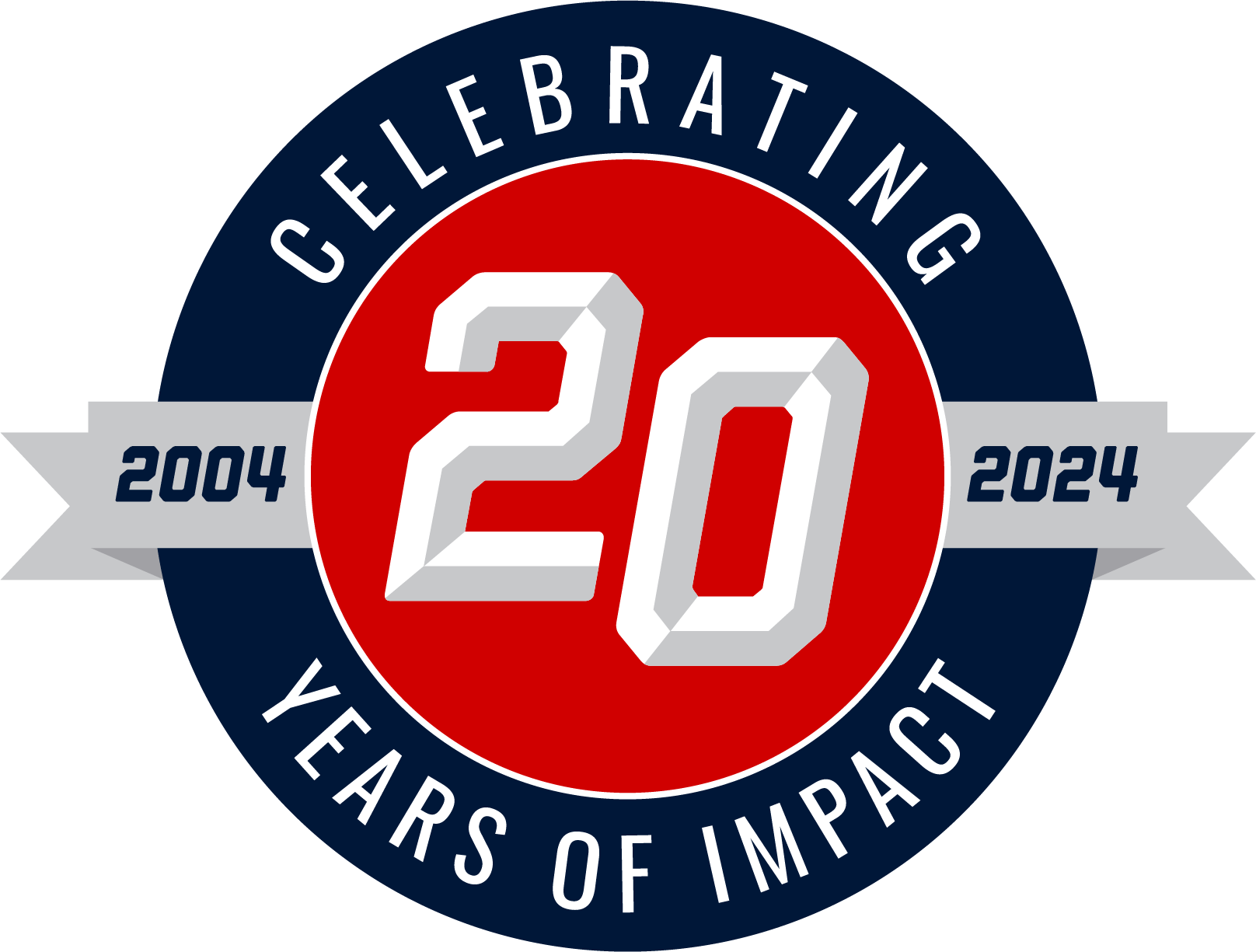
Impacts
The following metrics are conservative estimates of our research impacts in Nebraska and beyond over the past 20 years.
314,404
An estimated 314,000 infants, children and adolescents have engaged in CYFS research.
78,244
More than 78,000 children ages 0-5, along with their families, have participated in CYFS research.
3,262
More than 3,200 early childhood settings and K-12 schools have engaged in CYFS research in the U.S. and abroad.
$148.9M
CYFS’ research programs have generated approximately $148,969,402 in grant support.
156
CYFS has partnered with more than 150 rural communities in Nebraska and across the U.S.
28,168
More than 28,000 educators in early childhood settings and K-12 schools have participated in CYFS research.
425
More than 400 graduate and undergraduate students have engaged in CYFS research and other scholarly activities.
392
CYFS has supported nearly 400 funded research grants.
CYFS' statewide impact includes research activities in all 93 counties across Nebraska.
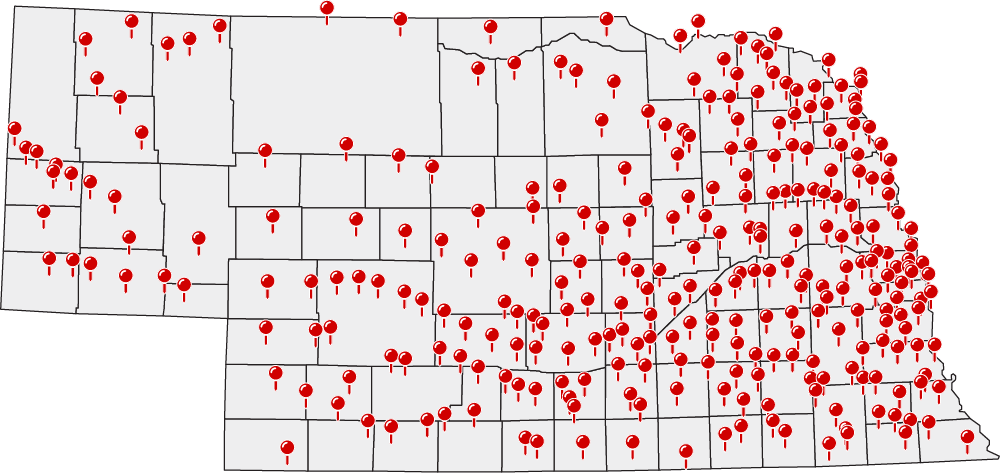
Key Programs That Work
Explore the following research programs with a proven track record of effectiveness for participants. These are a sampling of the rigorous, high-quality research programs housed within CYFS that impact lives — from infancy through adulthood.
CYFS Research Network
The CYFS Research Network includes nearly 100 CYFS Research Affiliates — faculty representing nearly 30 academic departments across the University of Nebraska system whose work significantly contributes to Nebraska’s vibrant research community in the social, behavioral and educational sciences.
Learn More
Research programs housed in the center align with six thematic areas:
Academic Intervention & Learning


Academic Intervention & Learning

Academic Intervention & Learning
The CYFS Research Network promotes educational excellence through evidence-based programs and practices.
Researchers:
- Use evidence-based approaches to support and maintain children’s learning across their lifespan.
- Investigate strategies tailored for educators across all grade levels, school specialists and administrators, yielding positive academic outcomes in areas such as math, science, arts, technology and social sciences.
- Identify strategies that support learning more broadly, such as promoting teacher professional development, building family-school-community partnerships, improving school environments and informing policy development.
Research Affiliates Research Projects
Early Childhood Education & Development


Early Childhood Education & Development

Early Childhood Education & Development
The CYFS Research Network is strengthened by the Nebraska Academy for Early Childhood Research, which includes experts in all facets of early education and development, and helps bridge the gap between the research, practice and policy communities.
Researchers:
- Explore early childhood areas ranging from cognition and social-emotional well-being to language and behavior.
- Address both typical development and the progression of children who are especially vulnerable or have special needs.
- Examine how children function and are influenced by social and cultural systems, including homes, schools, peer groups and communities.
Research Affiliates Research Projects
Social, Emotional & Behavioral Well-being


Social, Emotional & Behavioral Well-being

Social, Emotional & Behavioral Well-being
The CYFS Research Network includes work that promotes children’s social, emotional and behavioral well-being.
Researchers:
- Work to understand children's social-emotional strengths and challenges to help build competencies and manage or prevent behavioral difficulties.
- Study how ecological systems influence children's social skills and capabilities, feelings, perceptions and motivations.
- Develop interventions that offer parents, educators and practitioners resources to assess and confront negative behaviors.
- Strive to improve early childhood education, child care programs and home visitation interventions by building partnerships and supporting teachers and early childhood professionals.
Research Affiliates Research Projects
Biological Bases of Learning & Behavior


Biological Bases of Learning & Behavior

Biological Bases of Learning & Behavior
The CYFS Research Network includes research to understand connections between biology, behavior and learning to unravel how these elements shape human experiences, while also working to ensure access to services.
Researchers:
- Examine biological factors on children's cognitive, social and emotional well-being and equip parents/caregivers, educators and practitioners with insights to guide practices and interventions aimed at enhancing communication, personal autonomy and quality of life.
- Explore neuroimaging, cochlear implants, brain-based communication devices and other physiological processes to understand their influence on crucial developmental skills.
- Leverage advanced technology and foster partnerships to increase access to education and health care, with the goal to improve life outcomes for all.
Research Affiliates Research Projects
Rural Schools & Communities


Rural Schools & Communities

Rural Schools & Communities
The CYFS Research Network includes research to better understand and address the unique challenges and needs of teachers, students, individuals and families in rural communities.
Researchers:
- Identify, develop and validate methods that help teachers deliver research-based instruction in rural classrooms and improve outcomes for students.
- Investigate how professional development opportunities influence teachers’ knowledge, perceptions and practices.
- Study ways to improve quality of life and access to high-quality STEM education and other resources for health and well-being in rural communities.
Research Affiliates Research Projects
Research, Measurement & Evaluation Methods


Research, Measurement & Evaluation Methods

Research, Measurement & Evaluation Methods
The CYFS Research Network is strengthened by the Nebraska Academy for Methodology, Analytics and Psychometrics, which includes experts in advanced methods, applied analytics and data infrastructure to support and enhance rigorous research within the social, behavioral, health and educational sciences.
Researchers:
- Specialize in advanced statistical and methodological approaches, work closely with scholars to conceptualize research designs, implement data quality best practices, conduct statistical analyses and interpret results to maximize the research impact.
- Leverage their expertise in mixed-methods, experimental, quasi-experimental and correlational designs, as well as applied analytics and statistical approaches linked to these designs, to improve the research quality.
- Deliver and sponsor workshops and seminars on cutting-edge research, measurement and evaluation methods and analytic techniques.
Research Affiliates Research Projects




